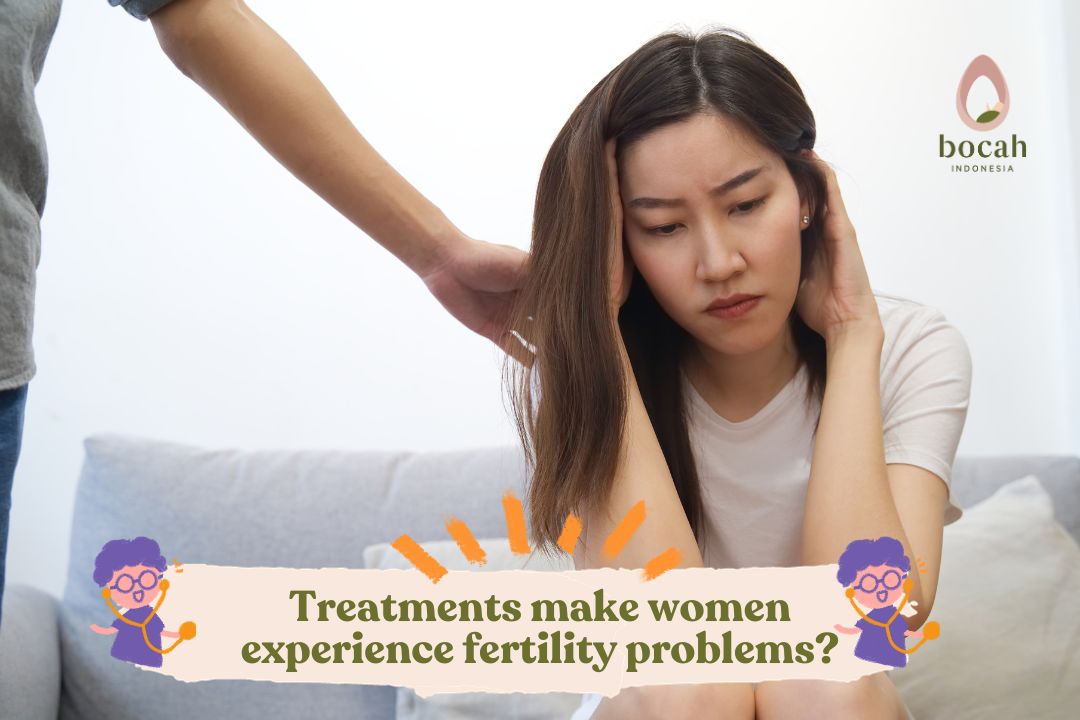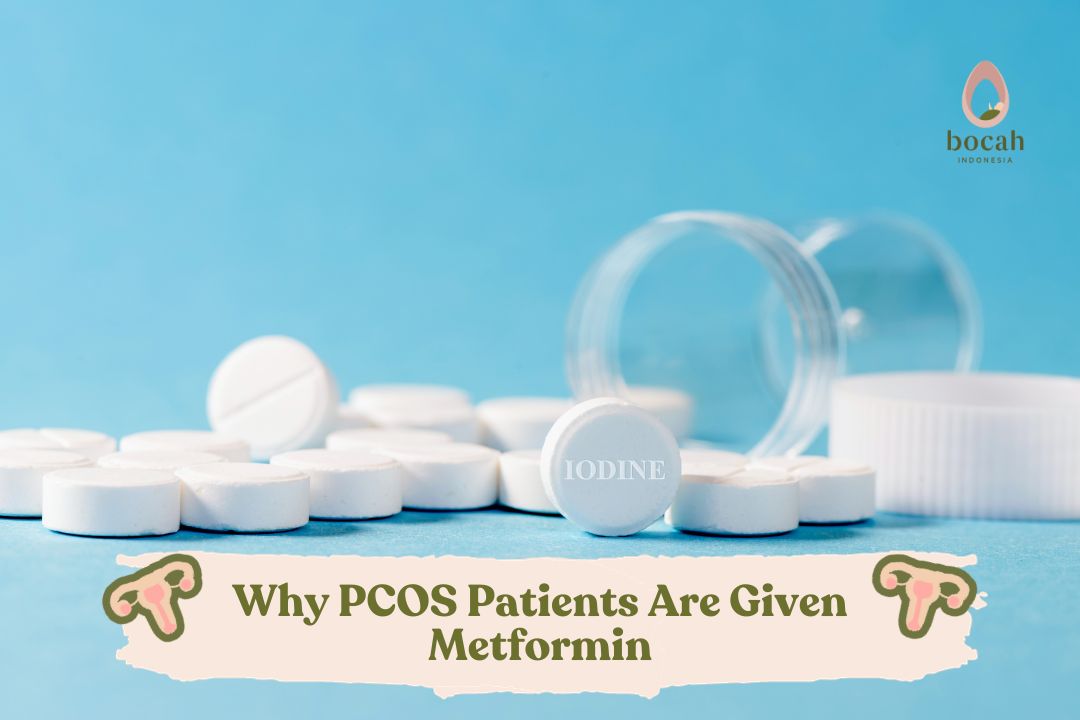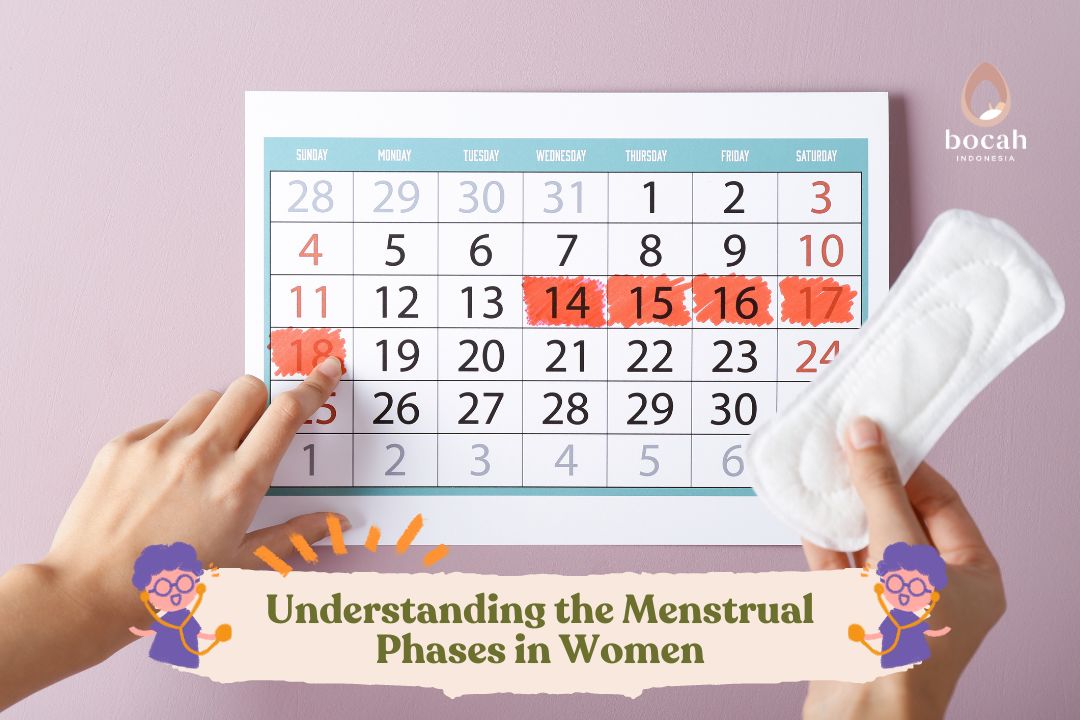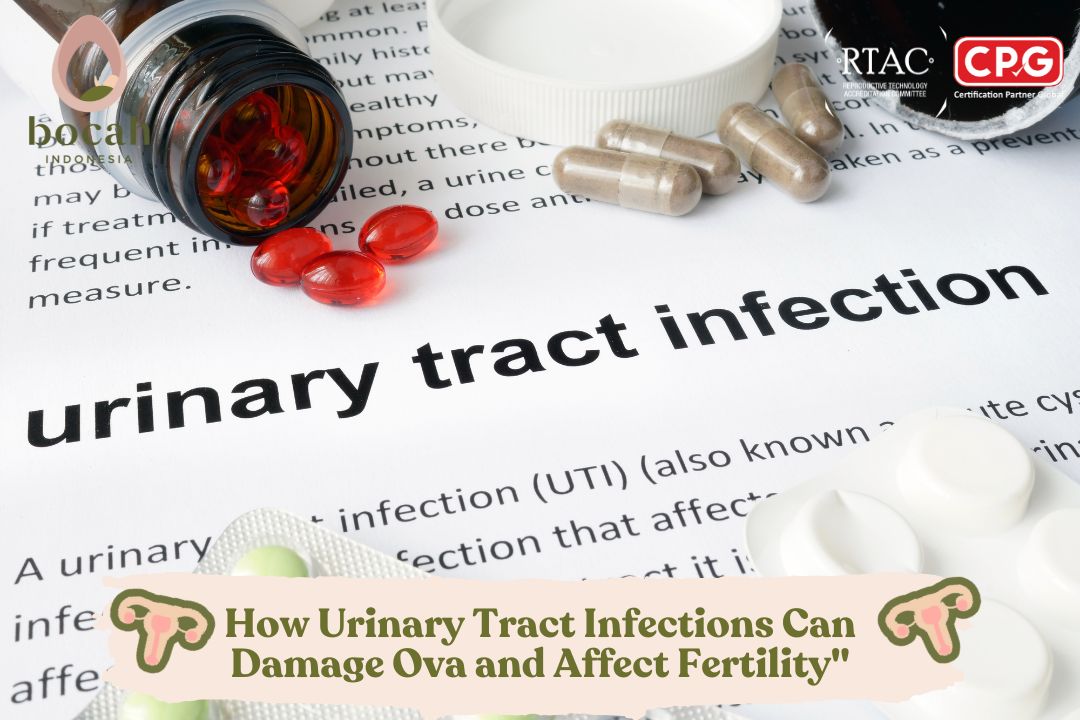Are Menopausal Women at Risk of UTIs?
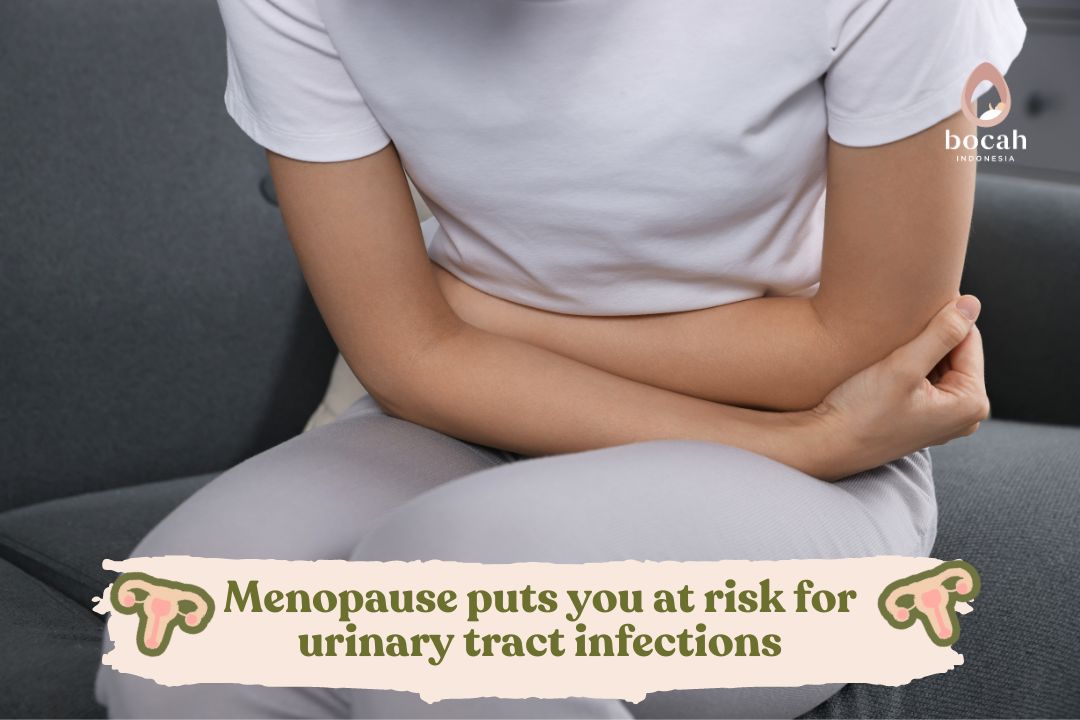
Menopause is a natural reaction of the body in women. However, are women who experience menopause susceptible to urinary tract infections?
Generally, women enter menopause at the age of 45-55 years. This condition occurs when menstruation ceases naturally. A woman is said to have experienced menopause if she stops menstruating for 12 consecutive months.
When a woman is about to enter menopause, she will experience several signs that appear during perimenopause, such as:
-
Irregular menstrual cycles
-
Feeling hot flashes
Tanya Mincah tentang Promil?
-
Experiencing difficulty sleeping or insomnia
-
Decreased libido
-
Dry vagina
-
Psychological problems
Every woman experiences different menopause symptoms, so there may be some symptoms that are not experienced by other women. Indeed, one of the risk factors that may be experienced during perimenopause is urinary tract infections.
Do Menopausal Women Have a High Risk of UTIs?
It should be noted that urinary tract infections are at risk of occurring up to eight times more often in women. This is because women have a shorter final urinary tract (urethra) for urine disposal compared to men. This condition makes it easier for bacteria to enter and cause urinary tract infections.
This is due to the decrease in estrogen hormones in women who experience menopause. This hormone plays an important role in the urinary tract, namely to stimulate the bladder to produce natural antimicrobial substances. Therefore, when menopause occurs, the production of microbes will gradually decrease.
The decreased production of microbes will weaken the body’s defense system against bacteria causing infections. Therefore, it is not surprising that women who experience menopause are at risk of UTIs.
How is UTI Treatment for Menopausal Women?
Urinary tract infections can develop into chronic conditions if not treated promptly. This condition can even lead to several complications. However, mothers don’t need to worry, here are some ways to overcome UTIs in menopausal women.
-
Antibiotics. This drug will be prescribed by a doctor for patients with UTIs. It is important to remember, even if the symptoms have subsided, finish the medication.
-
Pain relievers. This medication will be given to help alleviate UTI symptoms such as pain and burning sensation during urination. This medication has side effects such as changing the color of urine to brownish or reddish.
-
Estrogen administration. Administration of this hormone to help strengthen vaginal tissue, increase the growth of good bacteria, reduce pH, and reduce bad bacteria.
-
Suppressive therapy. This treatment will be given if it is caused by reckless sexual activity.
So, that’s the explanation regarding the risk of urinary tract infections experienced by menopausal women. Don’t worry, mothers can consult with a doctor before undergoing treatment.
This article has been medically reviewed by Dr. Chitra Fatimah.
Source:
- Lee, J., et al. (2019). Sleep Disorders and Menopause. J Menopausal Med. 2019 Aug; 25(2): 83–87.
- Jin, J. (2017). Vaginal and Urinary Symptoms of Menopause. JAMA. 2017;317(13):1388.
- The American College of Obstetricians and Gynecologists. UTIs After Menopause: Why They’re Common and What to Do About Them.
- Jung, C., Brubaker, L. (2019). The Etiology and Management of Recurrent Urinary Tract Infections in Postmenopausal Women. Climacteric. 2019 Jun; 22(3): 242–249.
- Caretto, M., et al. (2017). Preventing urinary tract infections after menopause without antibiotics. Maturitas. 2017 May: 99:43-46.



